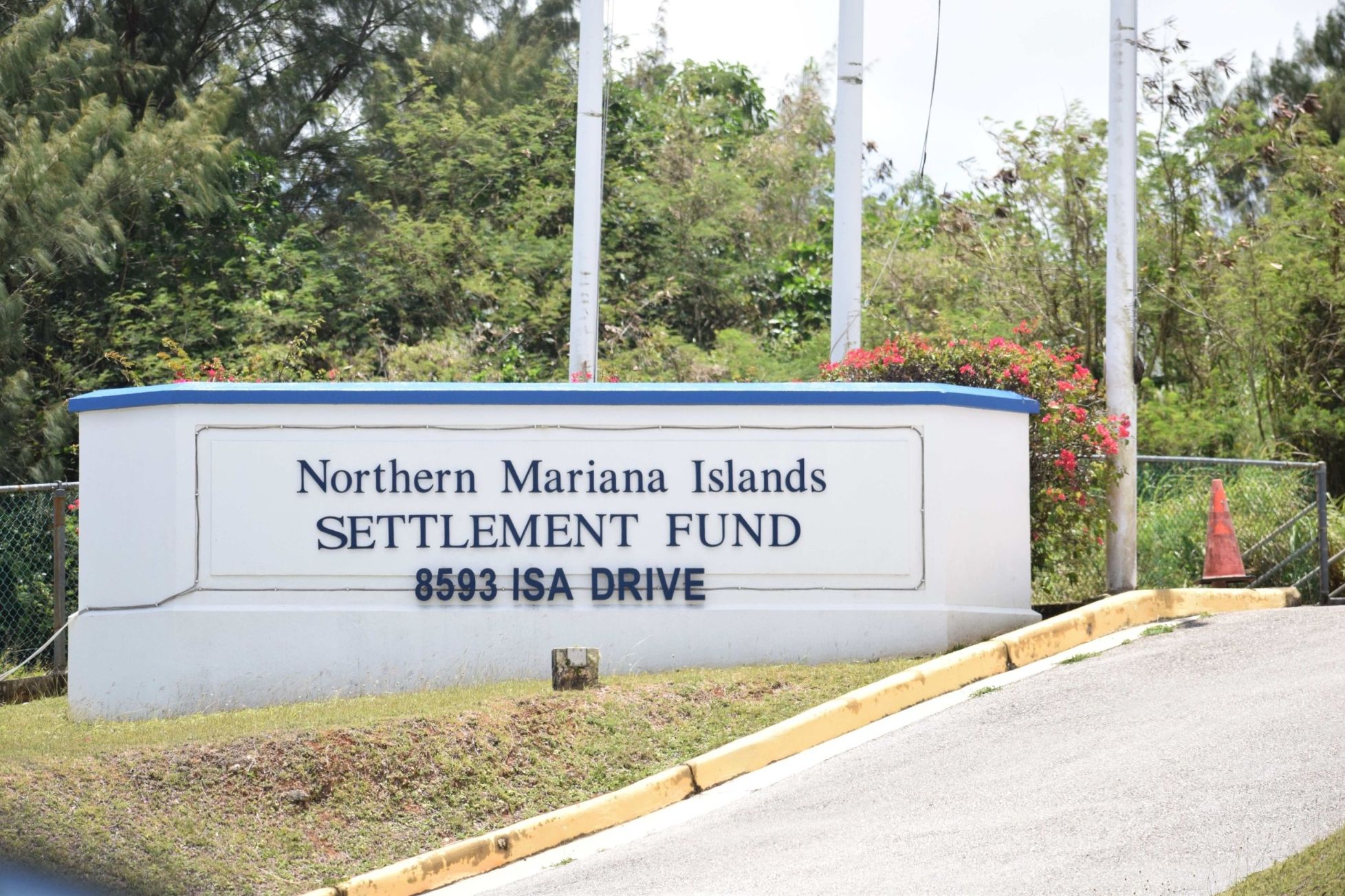TOURISTS and residents have been advised not to fish or swim within 300 ft. of five beach sites on Managaha Island after an analysis of water samples showed excessive concentrations of two fecal indicator bacteria.
The Division of Environmental Quality, in a marine water quality report issued Friday, said these concentrations of bacteria exceeded the CNMI Marine Water Quality Standards.
The report, prepared by DEQ acting laboratory supervisor Abdon Kaipat, said the bacteria could indicate the presence of human and animal waste in the water.
The specific areas under the red flag are the swimming areas A3 (northwest) and B4 (north), as well as beaches 7 (east), 9 (southwest) and 10 (west). (See illustration)
“In order to adequately address public health concerns, DEQ advises the public not to fish or swim within 300 feet of these locations for the next 48 hours or until otherwise notified,” said Kaipat in the report.
Kaipat told Variety that the 11 total samples from the shore surrounding Managaha were collected on Thursday.
Managaha is frequented daily by hundreds of tourists and local residents.
DEQ said studies have also shown that storm water runoff in tropical environment may also contain these bacteria from the natural environment, which may not be directly associated with public health concerns.
“However, in keeping with DEQ’s policy to be more protective (of) public health, DEQ recommends that individuals use caution and avoid full body submersion within 300 feet of these locations for the next 48 hours or until otherwise notified,” DEQ said.
In fiscal year 2001 alone, DEQ reported 194 total violations of the CNMI Marine Water Quality Standards, marking a 115 percent increase from FY 2000’s 90 violations.
This has raised concerns about the ill-effects of the sites to the health and safety of humans, animals, the environment and the CNMI tourism business.
Contributing to the lagoon contamination are the application or use of pesticides, fertilizers and cleaning agents with phosphates, improper land clearing, failing septic systems, improper disposal of chemicals and littering, DEQ said.










